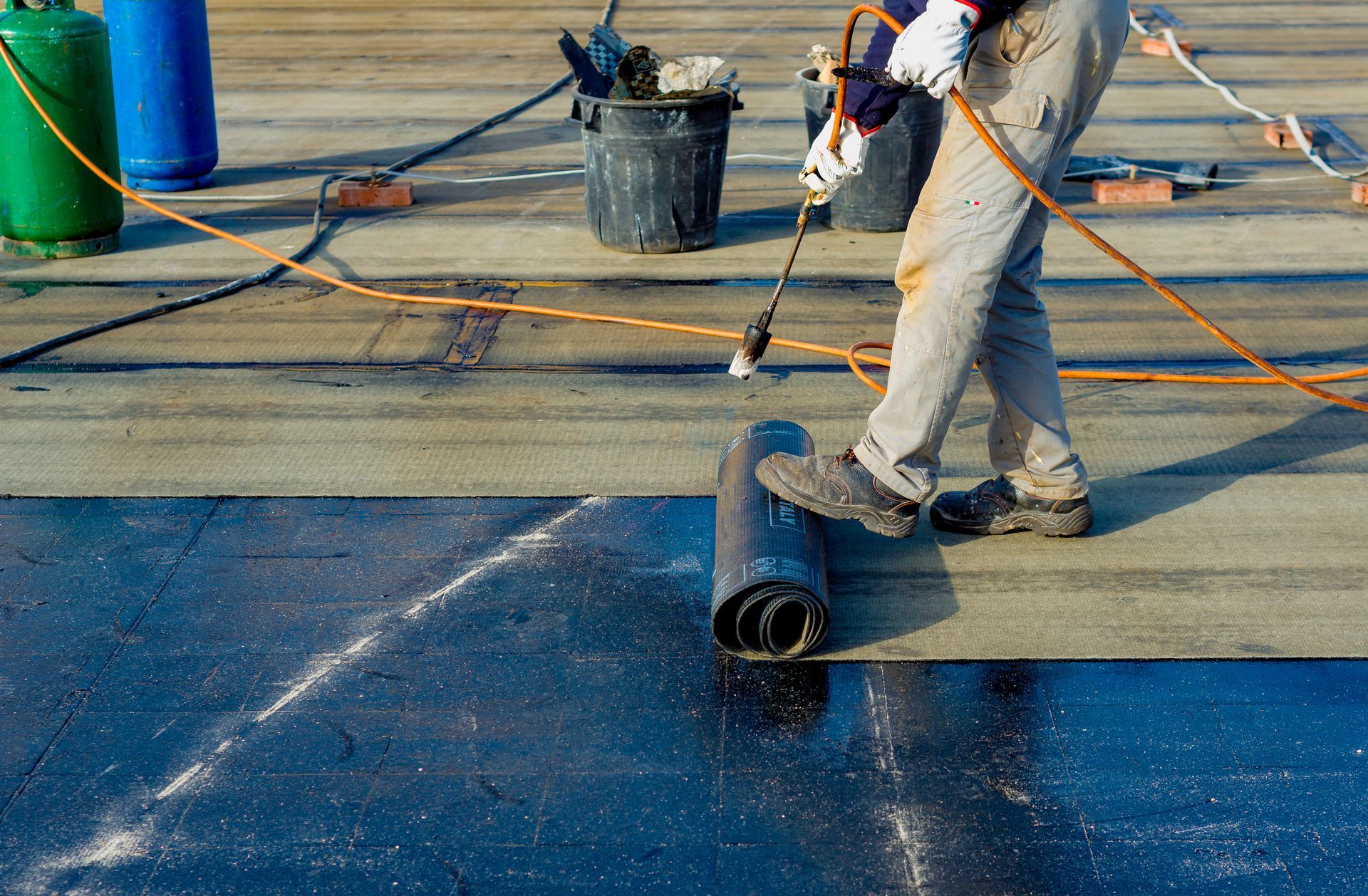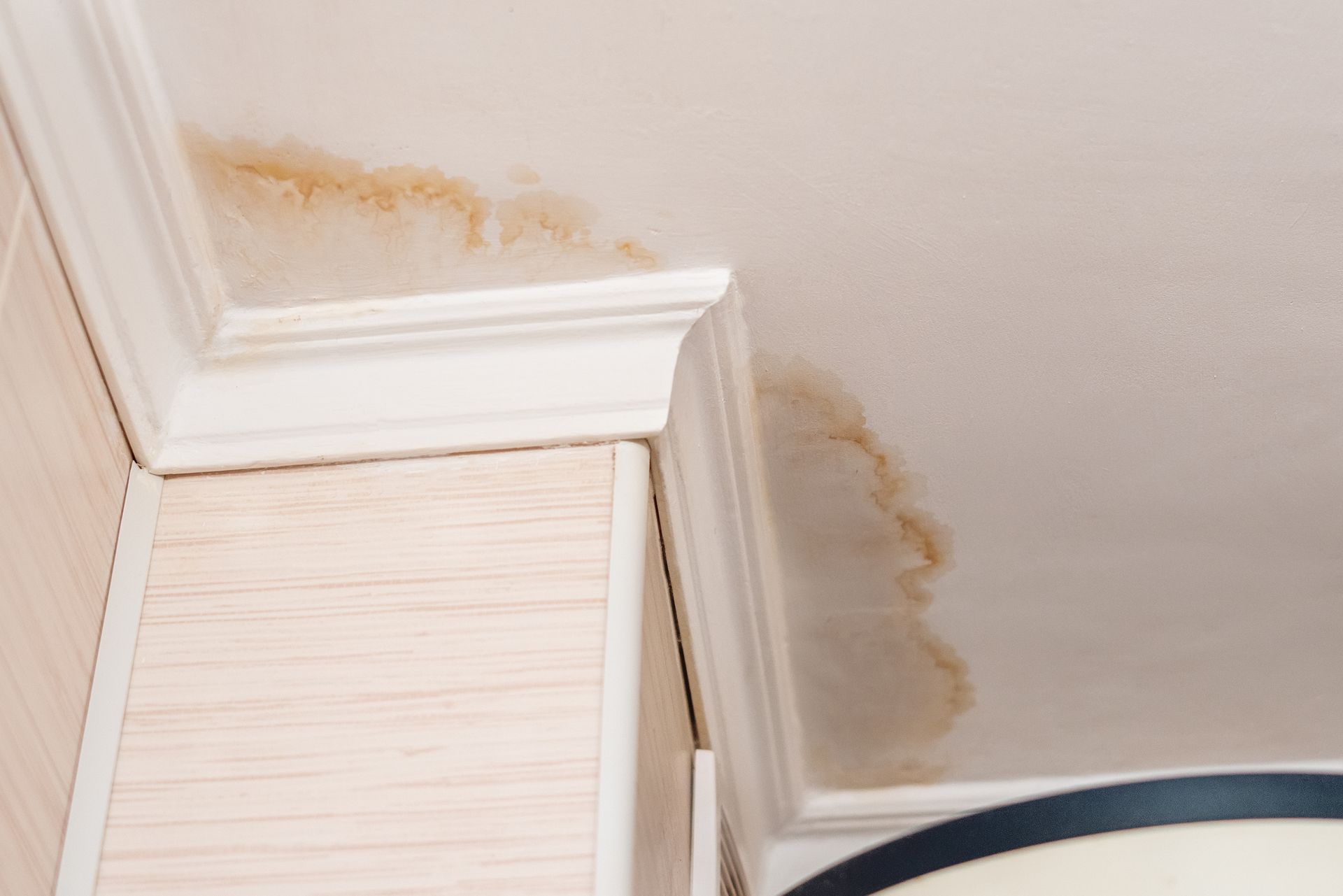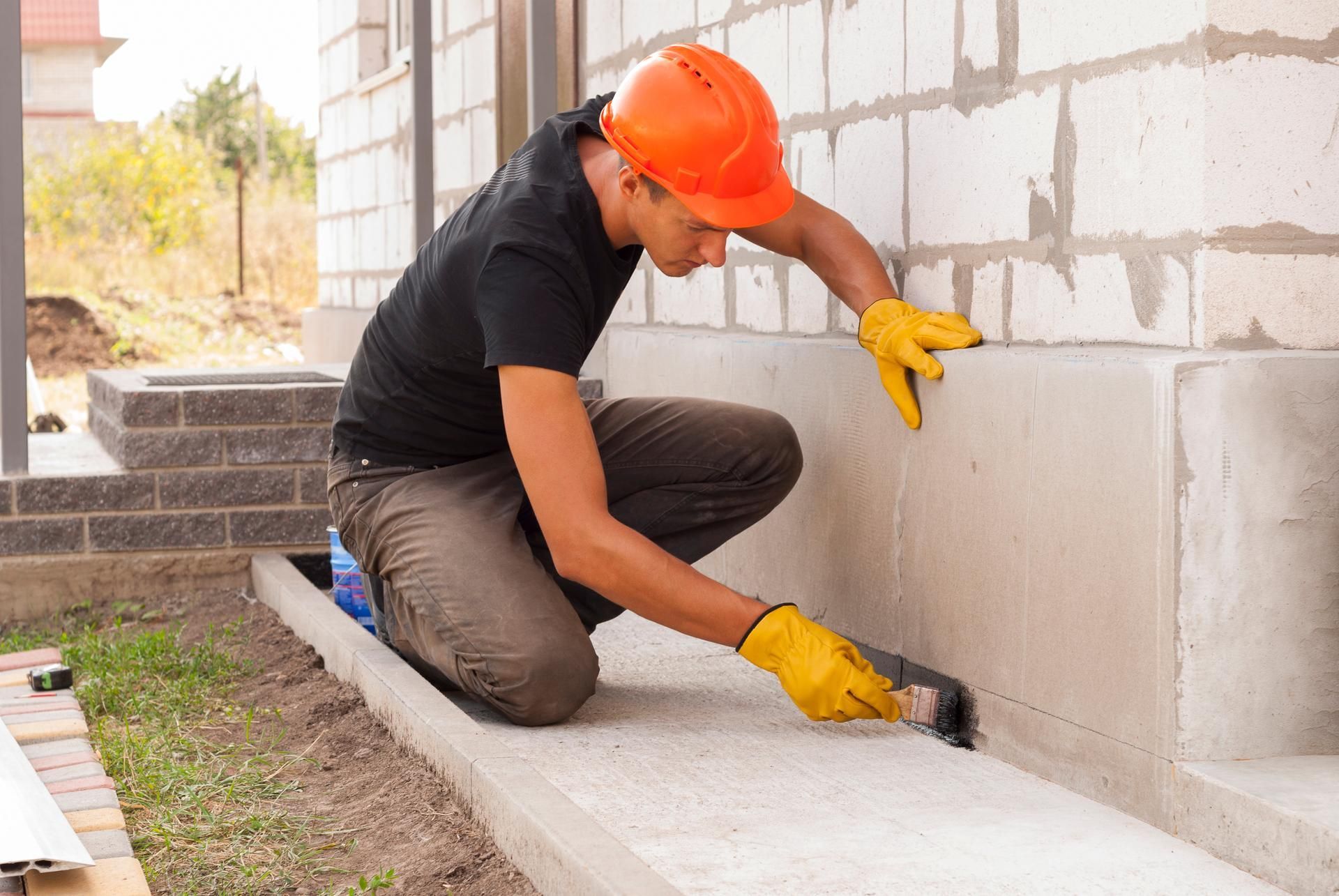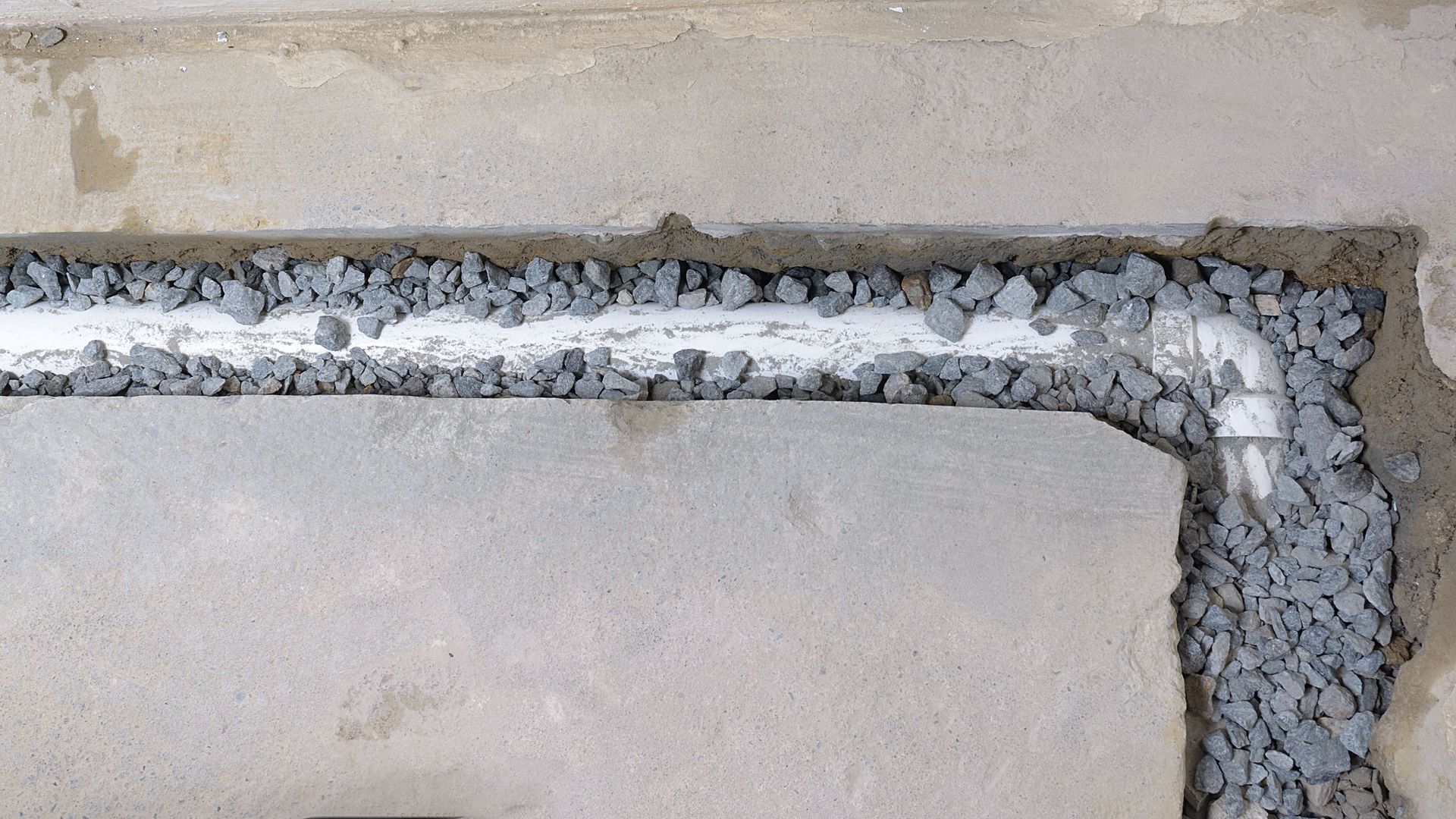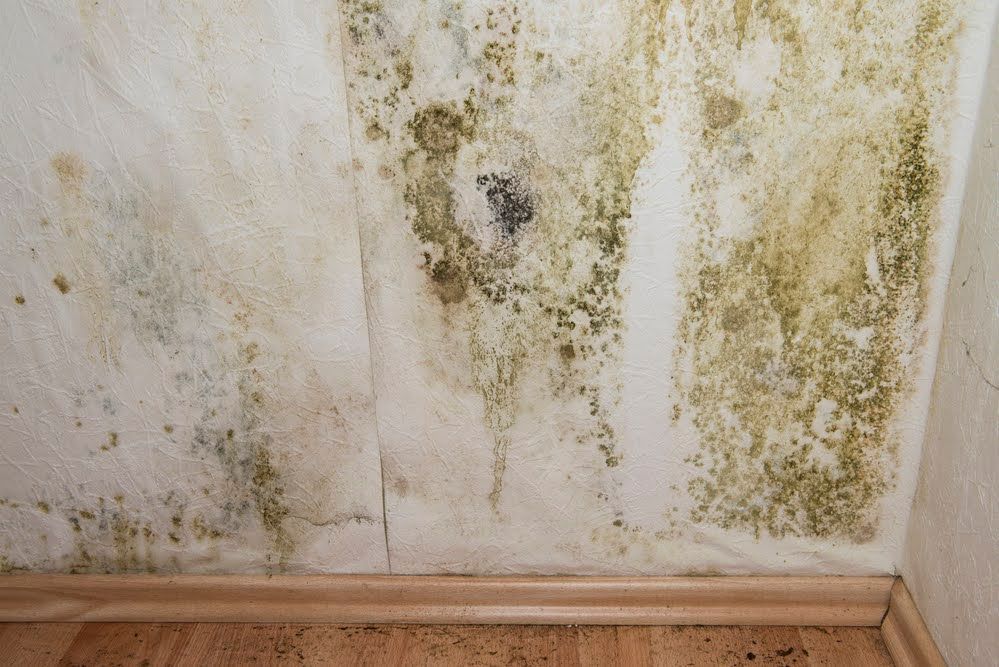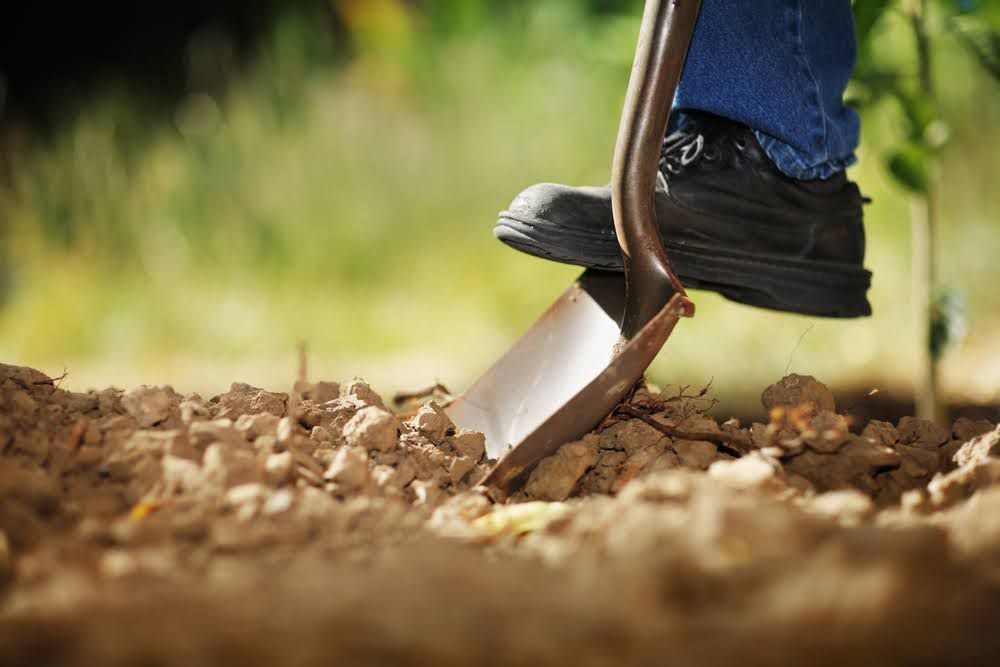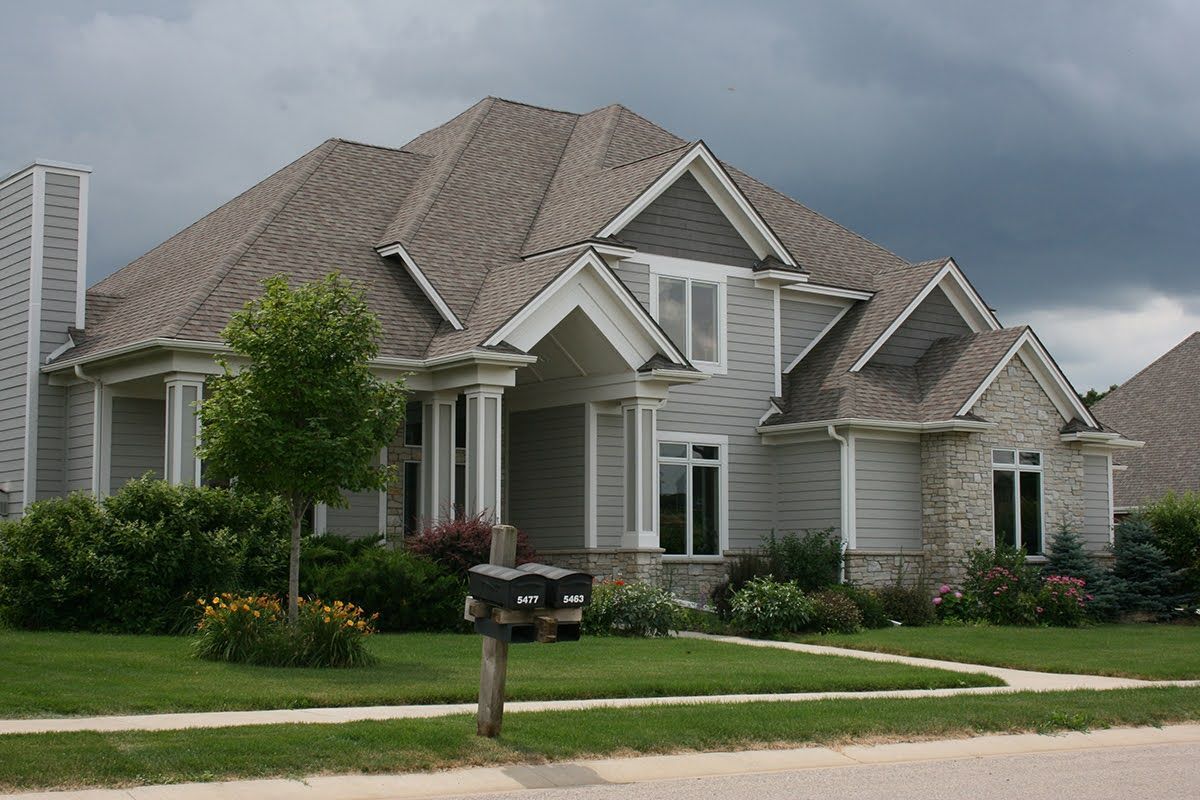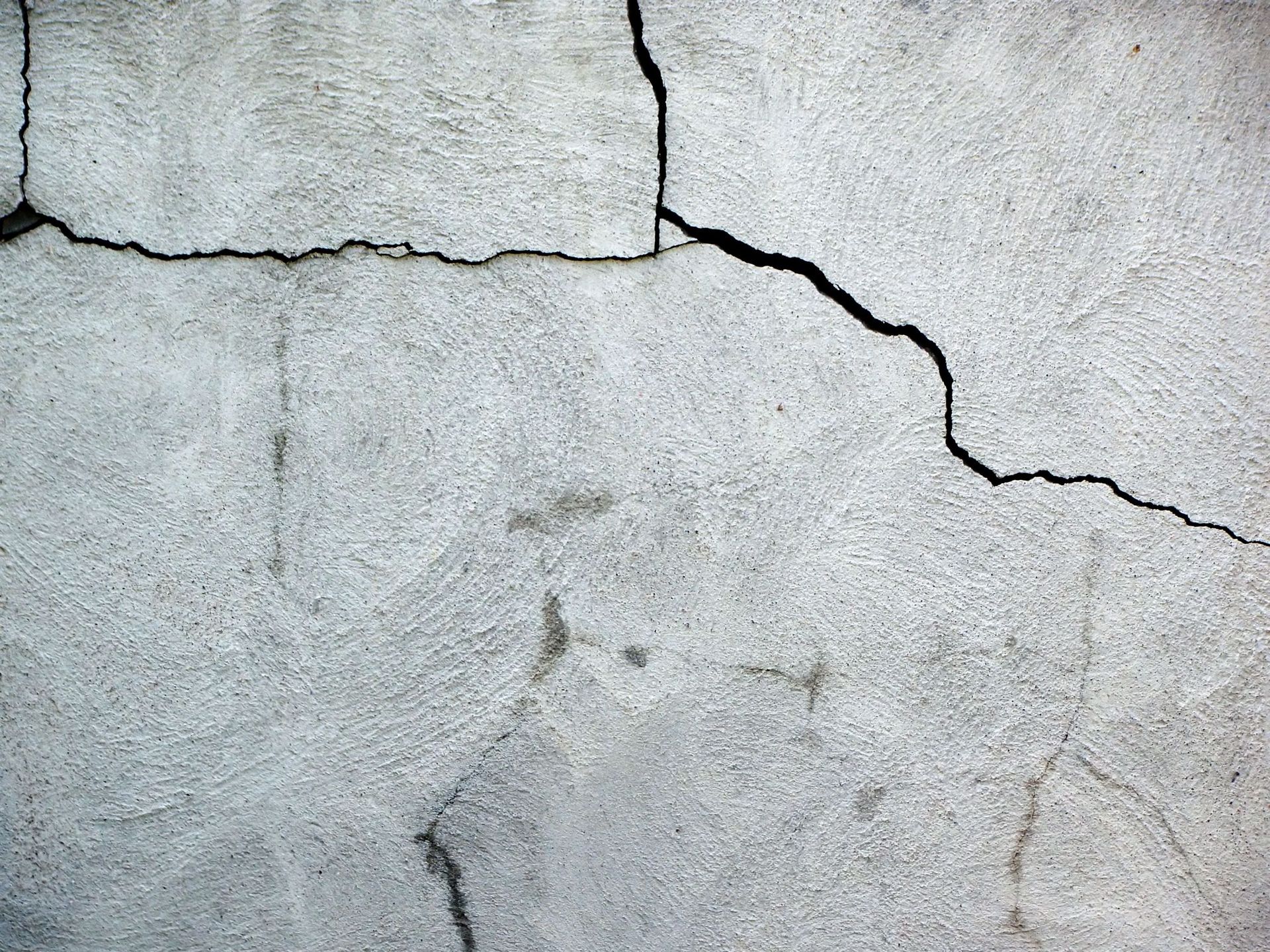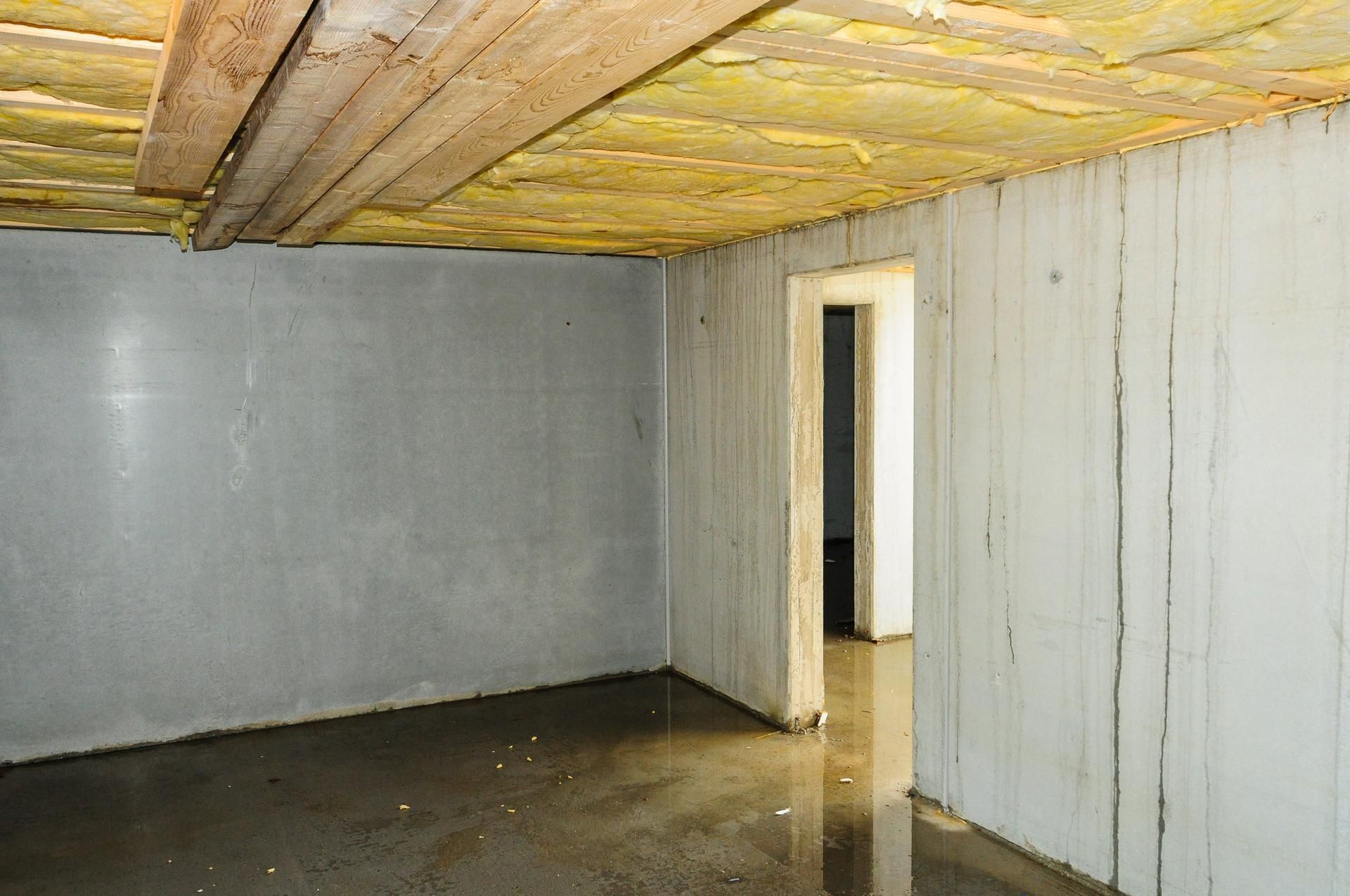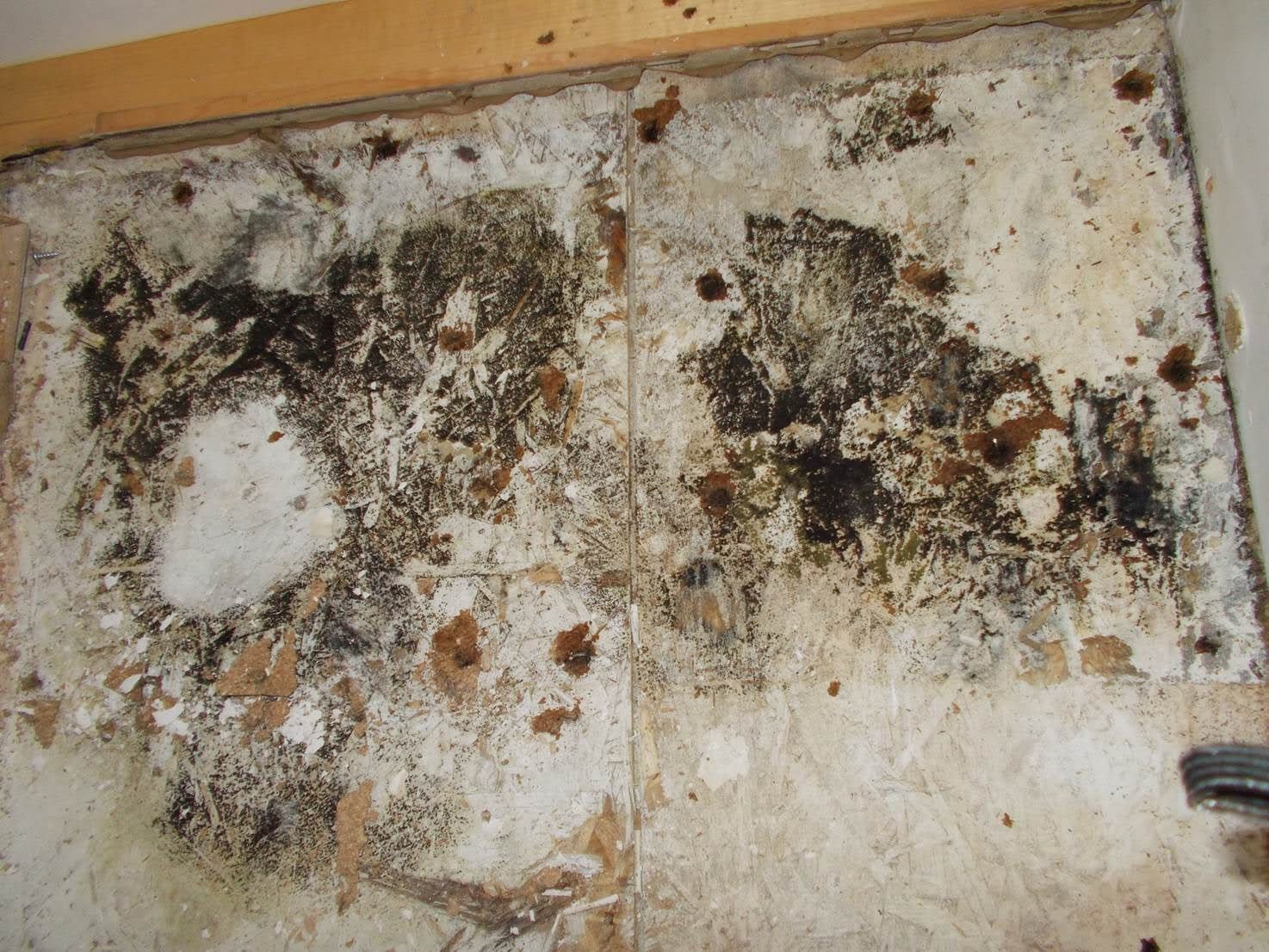Understanding the Risks of Winter Basement Moisture
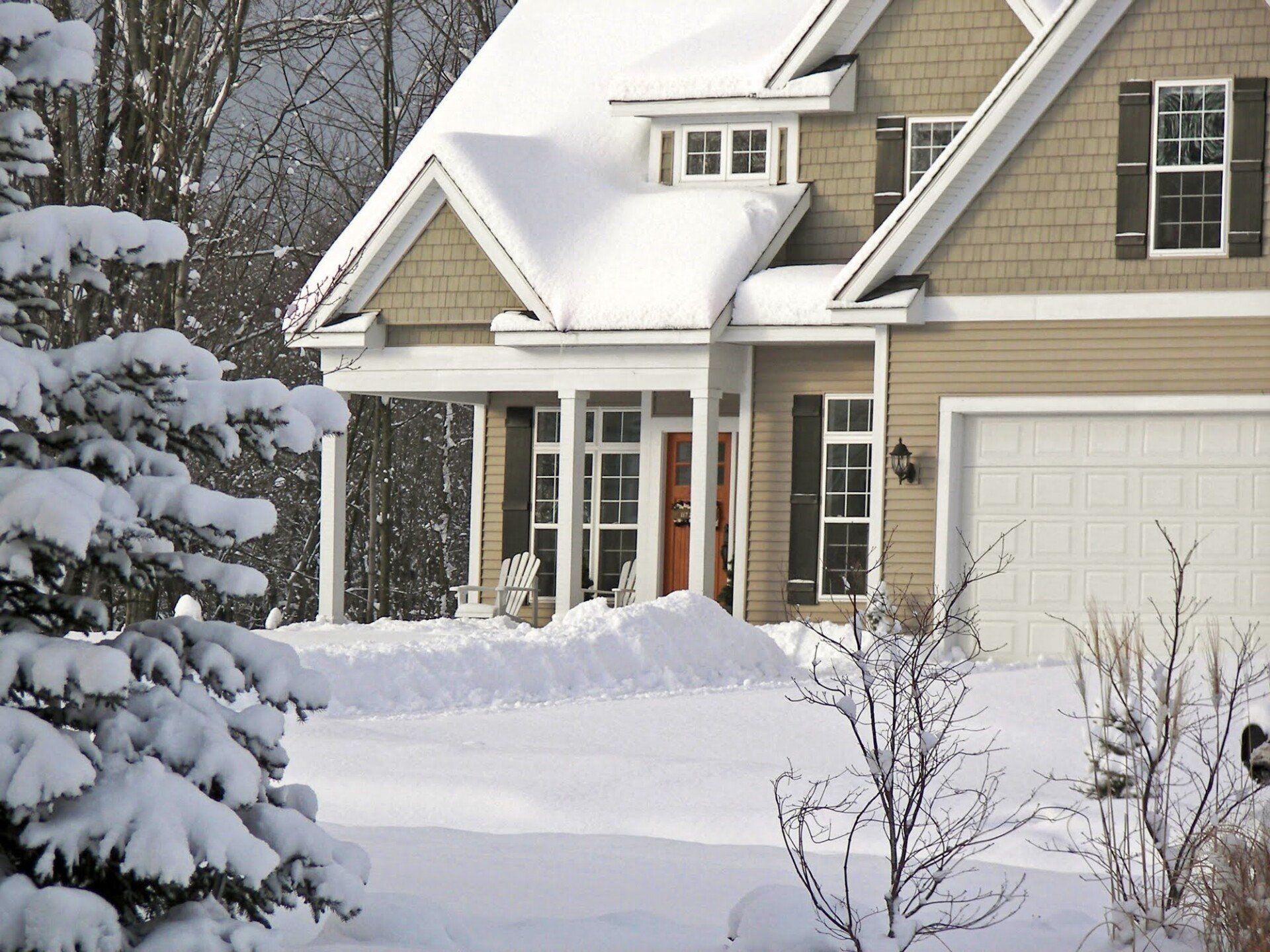
Pennsylvania winters tend to be cold and wet. While there's plenty of precipitation, it typically comes in the form of heavy snowfalls, which leaves many homeowners feeling as though they don't need to worry about the threat of basement flooding. However, basement moisture can be an issue year-round, and winter doesn't truly offer a reprieve for vulnerable homes.
Drenching rain may be less common in the winter, but the potential for flooding can remain. Understanding these risks is crucial to identifying problems in your basement. This article will discuss three common risk factors that remain even during short winter days and cold nights.
1. Ground Moisture
The ground may feel solid and frozen through most of the winter, but the reality isn't as straightforward. If you've ever made improvements to your home that required digging underground pipes or pouring concrete, you may be familiar with the concept of a frost line. In Pennsylvania, the frost line sits at around three and a half feet.
Below the frost line, temperatures remain relatively constant, and water does not freeze. Most basements will extend below the frost line, leaving them vulnerable to groundwater regardless of exterior temperatures. Since basements also radiate heat, snow cover closer to the surface can melt and drain into the soil well below the frost line depth.
As a result, ground moisture and hydrostatic pressure continue to be significant concerns throughout the winter. If your basement has a known moisture problem, you can usually expect it to continue even when the rain turns to snow. Leaving these issues unaddressed through the winter can increase the likelihood of mold, water damage, or more severe structural issues with your basement.
2. Roofing Issues
You probably know that your gutters direct water that drains from your roof, but did you know that the primary role of these devices is to protect your foundation? If your roof has a relatively low slope or short overhang, water will drip directly adjacent to your foundation, increasing hydrostatic pressure and creating serious flooding and moisture risks.
Of course, you've probably also noticed snow and ice melting from your roof, even when it's cold outside. This phenomenon occurs because direct exposure to the sun often heats your roof well above ambient air temperatures. Unfortunately, venting and other roofing problems can cause ice dams to form, creating large icicles that effectively bypass your roof's gutter.
If you've noticed drippy icicles forming along your gutters during the winter, it's time to be concerned. This water can drip directly next to your basement, where the ground may be warmer due to radiated heat. Since this meltwater bypasses your gutters, it can reveal existing moisture issues that go unnoticed when water is draining correctly through your gutter system.
3. Melting Snow
Naturally, the biggest concern for basement flooding occurs as winter begins to wind down and the snow cover melts. However, snowmelt can also be a concern during the winter months. Temperatures rarely remain freezing all winter long, so it's not uncommon for large amounts of snow to melt away due to higher temperatures or just clear, sunny days.
In many ways, snow melting may be more dangerous than typical rainstorms. For example, still-frozen subsurface water can cause the snow to drain in unexpected ways, potentially putting more pressure than usual on your basement. There may also be large quantities of snow on the ground, drastically increasing groundwater levels quickly.
These factors can mean that a minor warm-weather t moisture issue can become a major problem during a sudden snowmelt. If there's enough snow on the ground, you may even discover that an otherwise dry basement will flood during major melting events. While other winter moisture factors are important, melting snow is potentially the greatest threat.
Because winter can be such a risky time for your basement, it's important to address waterproofing issues before the worst of the season arrives. If you're concerned about moisture in your basement, don't hesitate to contact Central Penn Waterproofing today. We can help you evaluate your basement and develop a solution to keep it dry all winter long.
Contact Information
Email: hopecarson3@aol.com


